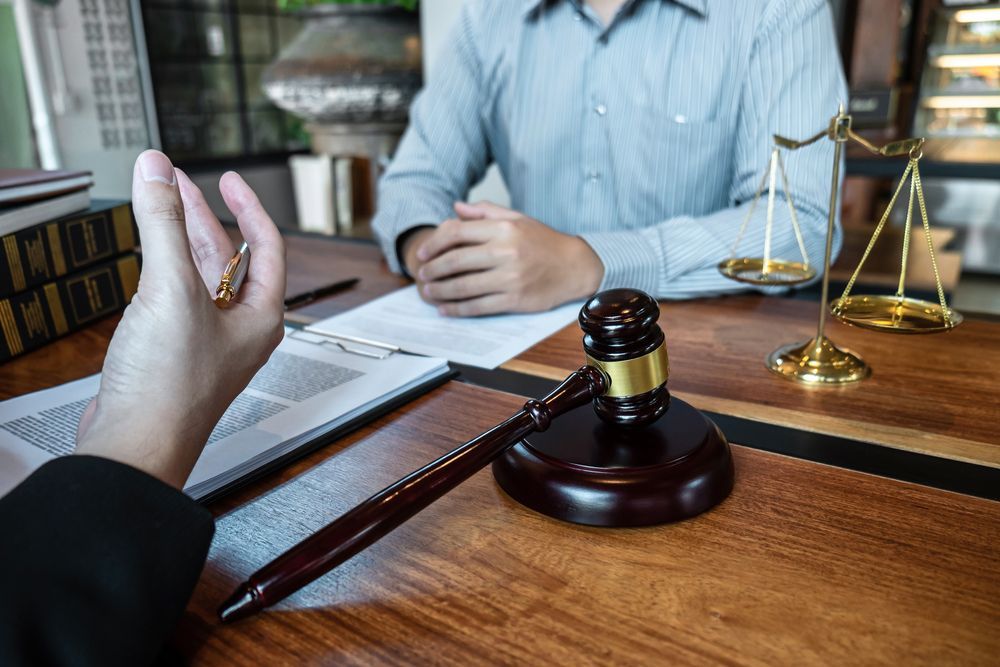What to Expect When Hiring Townsville Criminal Lawyers
Facing criminal charges can be a challenging experience, and finding legal representation is often one of the first steps people take. Hiring a criminal lawyer in Townsville offers support throughout each stage of the legal process. For many, understanding what to expect from the initial consultation to court appearances can help reduce some of the uncertainty that often comes with legal matters. The following guide outlines what may occur when working with Townsville criminal lawyers on a criminal matter.
The Initial Consultation: Gathering Key Information
The process generally starts with an initial consultation. This meeting allows you to discuss your circumstances and for the lawyer to assess the information provided.
During this stage:
- You may be asked to describe the events that led to the charges.
- The lawyer might request access to official documents such as charge sheets, police statements, or witness accounts.
- Possible legal avenues, general legal processes, and procedural timeframes may be explained.
- Questions about your personal background, employment, and other relevant factors might be asked to help you understand your situation.
This consultation offers an opportunity to discuss the case openly, allowing the lawyer to obtain information that may be relevant when preparing your legal matter.
Case Assessment & Legal Strategy Preparation
After the initial meeting, the lawyer typically undertakes a detailed assessment of the case. This involves reviewing all evidence available and evaluating the situation in the context of applicable laws.
Tasks may include:
- Analysing the strength of the evidence presented.
- Identifying legal arguments that may apply.
- Reviewing witness statements and available documentation.
- Considering any procedural or factual issues raised by the evidence.
Following the assessment, a legal strategy may be discussed. This strategy might evolve, depending on the development of the case, ongoing disclosure, or emerging information.
Understanding Legal Fees & Charges
Legal fees can vary depending on the nature of the charges, the complexity of the case, and the time involved in preparation and court appearances. Discussing fees at the outset can help clarify financial expectations.
Points typically covered include:
- Whether fees are based on hourly rates, fixed fees, or stage-based fees.
- Possible additional costs, such as court filing fees, expert reports, or administrative expenses.
- Payment schedules or arrangements for ongoing legal representation.
Clear information about costs allows clients to understand the financial aspects involved in managing their case.
Bail Applications: Representation at Bail Hearings
In cases where bail is sought, legal representation can be provided during the bail application process. Bail hearings involve presenting information to the court and seeking permission for release while legal proceedings continue.
Key aspects of a bail application may involve:
- Outlining personal circumstances such as living arrangements, employment, and family responsibilities.
- Providing information about any previous criminal history or pending matters.
- Addressing any risk factors raised by the prosecution, such as the risk of failing to appear or interfering with witnesses.
- Offering proposed bail conditions to address concerns raised by the court.
The court's decision to grant bail rests with it. It will consider all relevant information presented during the hearing.
Court Appearances & Procedural Hearings
Criminal matters typically involve multiple court appearances. These may range from procedural mentions to full hearings or trials. Your lawyer may guide you through what to expect at each stage.
Preparation for court may involve:
- Reviewing the court process and what is required at each appearance.
- Identifying documents or materials that need to be brought to court.
- Advising on appropriate conduct, dress, and courtroom procedures.
- Discussing the sequence of events likely to occur during each hearing.
Procedural hearings often focus on matters such as case management, disclosure of evidence, or setting trial dates. Depending on the complexity of the case, the nature and number of appearances can vary.
Negotiations & Discussions with Prosecutors
In some matters, discussions with the prosecution may occur before trial. These discussions may relate to various aspects of the case and can take place at different stages.
Negotiations may involve:
- Discussion of the evidence and its presentation.
- Consideration of amendments to charges.
- Exploring resolutions such as diversion programs or alternative case outcomes, where applicable.
- Discussion of agreed facts or admissions that may narrow the issues for trial.
Any resolution reached through these discussions depends on the agreement of all parties involved, and decisions are ultimately made by the court where required.
Representation at Trial: Presenting the Case
If the matter proceeds to trial, the lawyer may present your case before the court. Trials involve hearings of evidence from both the prosecution and defence, with the outcome determined by the magistrate, judge, or jury, depending on the court and type of charge.
The trial process generally includes:
- Examination and cross-examination of witnesses.
- Presentation of physical or documentary evidence.
- Submissions made to the court on points of law or fact.
- A decision made after all evidence has been heard.
Throughout the trial, legal representatives may advocate on your behalf and present arguments for consideration by the court.
Sentencing & Post-Trial Processes
If a finding of guilt occurs—either following a plea or after trial—the court moves to the sentencing phase. This phase involves the court determining an appropriate penalty based on all relevant circumstances.
At sentencing, the lawyer may:
- Present information about your background, character, employment, and personal situation.
- Provide information about the offence itself and any mitigating factors.
- Submit information about any rehabilitation efforts, community involvement, or support networks.
- Discuss relevant sentencing options available under the law.
After sentencing, your lawyer may also advise on any obligations arising from the sentence and rights of appeal or review processes that may be available.
Book a Consultation with Our Criminal Lawyers in Townsville Today
Legal matters involving criminal charges can be complex and often involve many stages. Engaging a criminal lawyer in Townsville may help you navigate these processes and understand the various steps involved.
If you are facing criminal charges and want legal guidance, contact our team at Anderson Telford Lawyers. We can discuss your situation and assist with the next steps in your legal matter.





